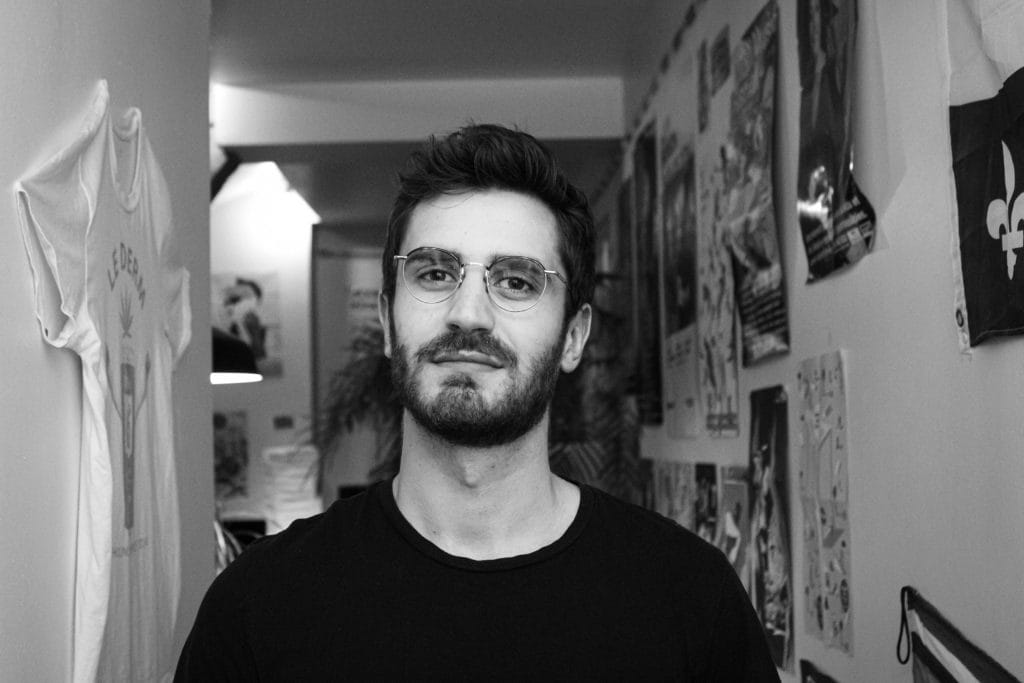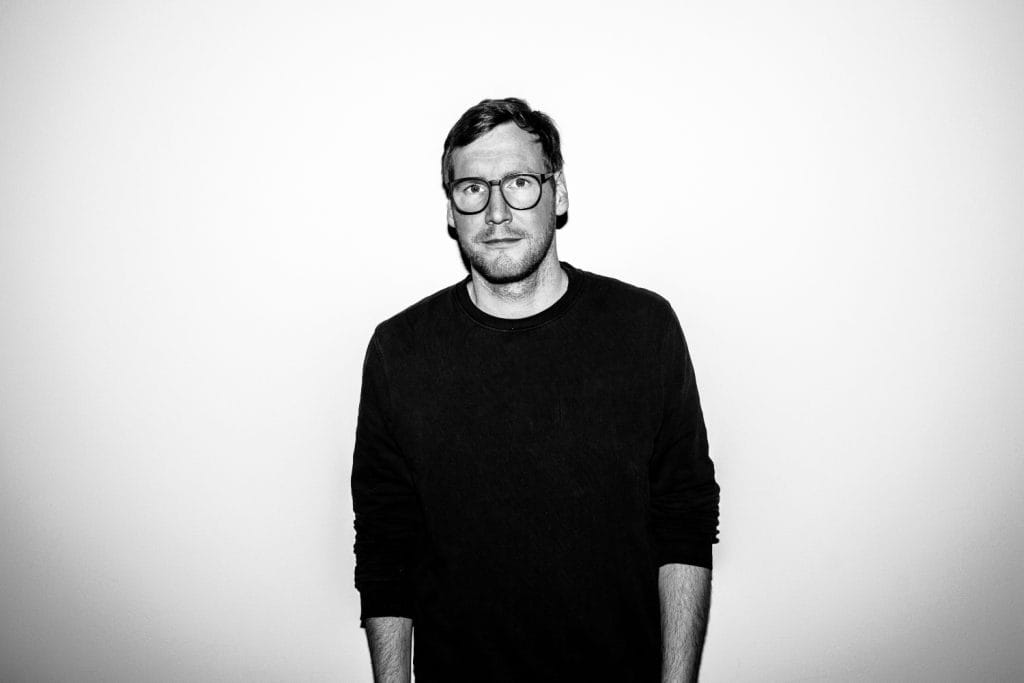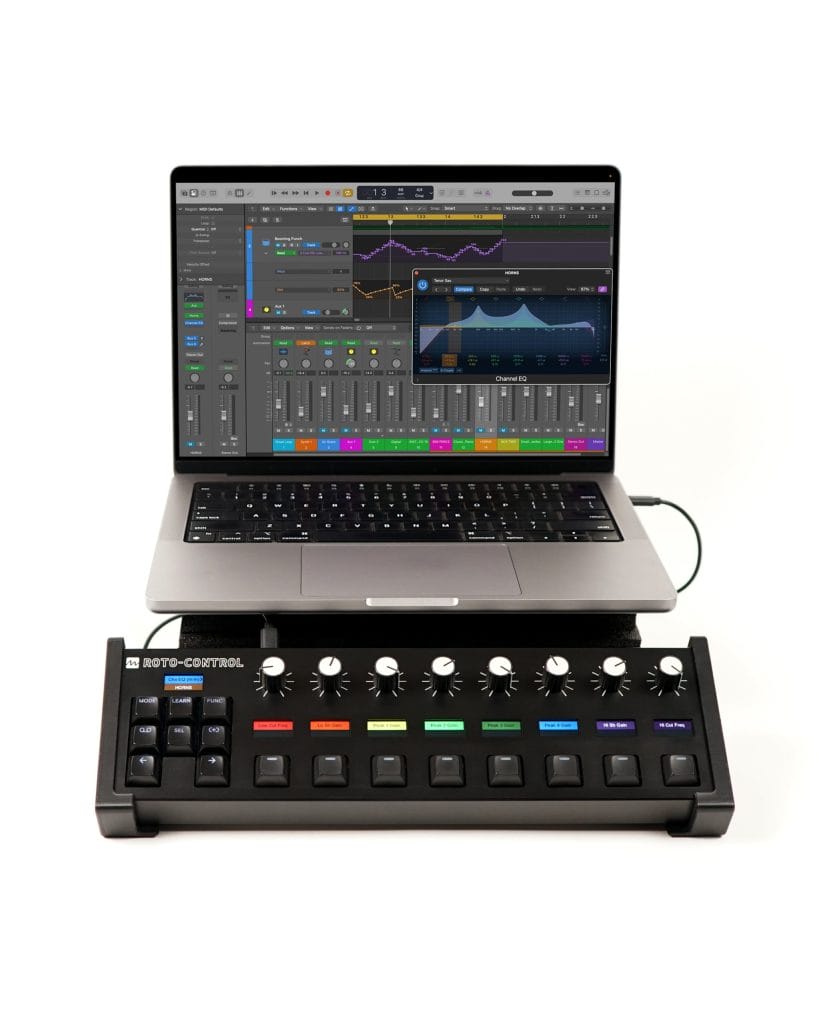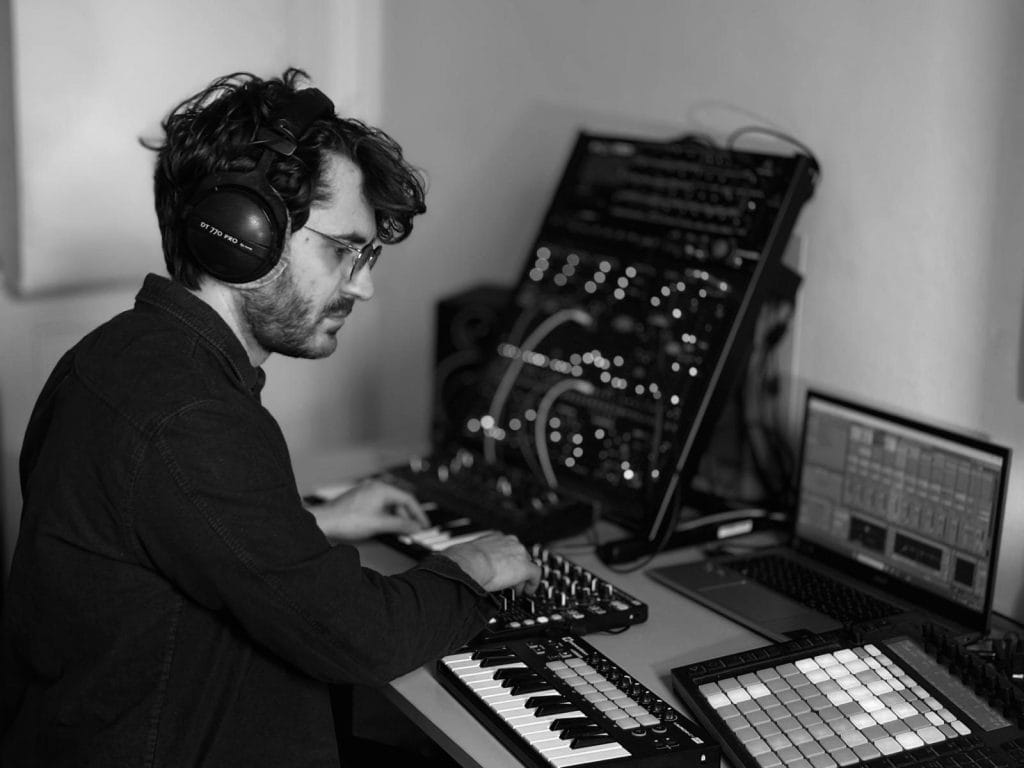Jérémie Herr, known as @jerrherr, is the kind of producer whose background you can actually hear in the music. Before discovering electronic production, he spent his formative years at a conservatory studying classical piano. That foundation never left—it’s stitched into the way he builds harmony, arranges his progressions, and gives space to melody.
But it wasn’t until he stepped away from the traditional world and started composing on his own terms that things started to click. Electronic music gave him what classical never could: complete creative control.
His new single ‘Retour en Avion’, premiering this week ahead of its release on Magnetic Magazine Recordings, feels like a full-circle moment. It reflects a more mature, melody-driven style that’s come into focus over years of trial, error, and solitude in the studio. In this interview, Jérémie opens up about the personal growth behind his sonic evolution, the practical advice he wishes he’d followed earlier, and the mindset it takes to carve out a sound without chasing trends.
What you get from him is refreshingly honest: the isolation, the obsessive work ethic, the long timeline it takes to land on something that feels true. But there’s also a quiet confidence running through it—a clarity that comes from knowing exactly what kind of music you want to make and why it matters to you.
How has your sound evolved as you’ve grown as a person and artist?
My sound used to be way harder and less melodic. As I grew up as a producer, I figured that my inner self liked very much pretty melodies and ambiences. As a classical trained musician, it is of course an advantage and easier to compose a melody and arrange it the way I want.
I also figured that what makes a track memorable, what stays stuck in your mind is the melody. Not just two or three notes ; a constructed, solid melody that evolves and modulates, in order to take the listener with me on a trip.
What’s a key piece of advice you would give to your younger self at the start of your journey?
Keep exploring and don’t try to make music to sound like someone else. You have enough musical background and knowledge to create good music. Some people may not like it, even close people, but that’s ok. It’s not for them only.
Don’t forget to finish your tracks as well, in order to keep moving forward. Staying too much on one track is not constructive, it is sometimes good to start something new, and maybe one day coming back on this track. You’ll listen to it differently, with new ears, and discover sometimes that it has great potential.
What’s one of the biggest sacrifices you’ve made to stay committed to your music?
Being a big nerd is not really good for social contacts. When I discovered music production and electronic music, I had to limit my partying and going out self ; sometimes people didn’t get it. It is a very lonely activity, but once you get some result, people start to understand.
When I share my music, they figure why I went a bit away from them, and good friends support me anytime.
Why do you think it’s important for artists to focus on developing their own sound rather than chasing trends?

If you want to create music just for making money, fair enough ; but you won’t create something great. It is rather going the other way around : I would try to create my own sound, even if it takes years, and in the end try to monetize it.
Trends are also temporary, good music stays. Choose your camp I guess.
Why do you think persistence is such an important part of making it in the music industry?
There are so many artists out there, if you’re not a bit obsessed with creating music and producing, there are crazy enough people that would do it instead of you. Persistence is not only important ; it is mandatory. Artists have the visions, but they must impose it.
Building an audience is such a big job that if you don’t believe blindly in yourself, this will be very hard.
The post PREMIERE: Jérémie Herreman – Retour en Avion [Magnetic Magazine Recordings] appeared first on Magnetic Magazine.






